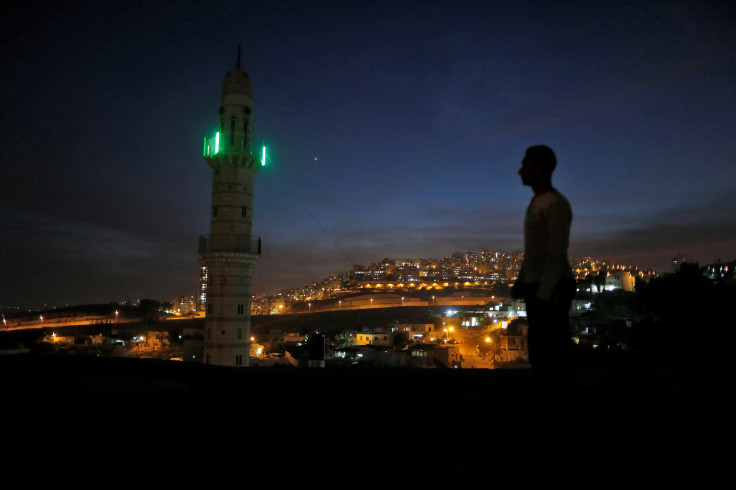Israel Prayer Ban: Ministers Vote To Silence Mosques Across Nation Amid Palestinian, Arab Outrage

Israeli ministers approved Sunday a controversial bill that would silence the Islamic call to prayer between certain hours throughout the nation and occupied East Jerusalem, sparking outrage among the Israeli Arab and Palestinian community. The bill is now set to appear before the Israeli parliament.
Israeli legislators have referred to the bill as the "muezzin law" in reference to the name given to the individual who performs the adhan, or Islamic call to prayer, at least five times a day from the mosque. Critics have accused the bill's supporters and Prime Minister Benjamin Netanyahu, which the Jerusalem Post lists as one of the bill's advocates, of endorsing discriminatory policies.
"This law does not deal with noise nor with quality of life, just with racist incitement against a national minority," Israeli Arab MP Ayman Odeh, head of the left-wing Hadash coalition and the Arab Joint List alliance, said in a statement, according to Agence France Presse. "The voice of the muezzin was heard here long before the racists of the Netanyahu government and will after them," he said.
If passed by the Knesset, the law would specifically restrict the Islamic call to prayer from being performed between the hours of 11 p.m. and 7 a.m., affecting one of the mandatory prayer times in Islam called "fajr" or the prayer offered at dawn. It would apply throughout Israel as well as East Jerusalem, internationally recognized as Palestinian territory, but occupied by Israel since the 1967 war between Israel and its Arab neighbors. East Jerusalem is also home to the Al-Aqsa Mosque, revered as one of the holiest sites in Islam.
The bill was met with massive protests by members of Israel's three major religious communities - Jews, Muslims and Christians - when it was originally announced in November. Israel was estimated to be nearly three-fourths Jewish, with 17.6 percent of residents identifying as Muslim and about 2 percent identifying as Christian, according to the CIA World Factbook.
Palestinian officials responded to the initial bill as well as other bills legalizing the seizure of private Palestinian property for settlement building as leading to "catastrophe." Nabil Abu Rudeineh, spokesperson for Palestinian President Mahmoud Abbas, called it "completely unacceptable" and threatened to take the matter to the U.N. Security Council, while Rafat Alyan, spokesperson for Palestinian ruling party Fatah in Jerusalem, said Israel was "taking advantage" of Arabs and Muslims by "changing the status quo in Jerusalem," the Jerusalem Post reported in November.
© Copyright IBTimes 2024. All rights reserved.












